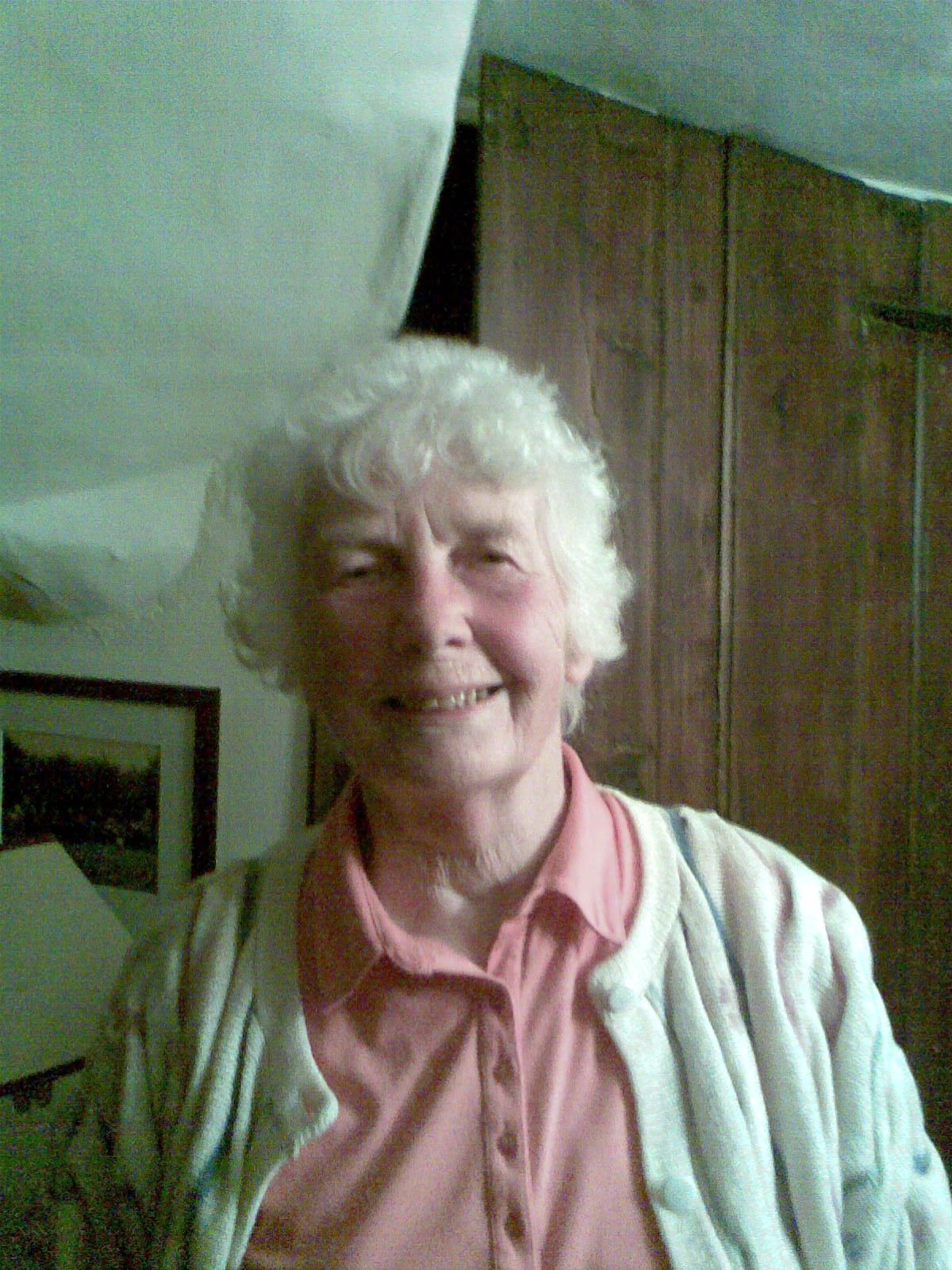
I was talking with someone awhile ago about psychotherapy. He was sceptical. “It’s all navel gazing and going round in endless circles. No thanks.” This chap was very goal oriented. Good ‘A’ levels, University, a degree and a career in his chosen field. Add to that a car, a flat, money and a girlfriend and he “had it all”. Unfortunately he couldn’t quite persuade his “soul” that he had it all. There was a deep existential ache for some kind of “authentic” existence. But he wasn’t going to waste his time going round in circles looking at his navel.
There are all sorts of criteria listed for a successful therapy. A brief list cites alliance, empathy, expectations, cultural adaptation and therapist difference (Bruce E. Wampold : The World Psychiatric Association). I want to add another element. The capacity to play. To muse. To wonder and to wander. Without this capacity no therapy is going to be of much help. And the wandering and the wondering have to be present in both people. The patient and the therapist. Both must be able to be curious about themselves, each other and the process of therapy. I think it is this capacity that determines which model of therapy a person chooses. The person who likes homework exercises, clear goals and interventions will enjoy CBT. The person who is intrigued by their dreams, their possible significance and all other “things ethereal” will enjoy psychoanalytic therapy. (Those who know me or read my blogs will have no difficulty in working out how my psyche works!)
The picture above is an amusing image for the wandering / wondering mind. This is one of the advantages of being a child. Or a poet, playwright, novelist or similar. It’s the capacity to wonder / wander and not worry about where that journey might lead. The kitchen table might be the Tardis, or a submarine. It might be a boat sailing down the Amazon. Or the top of a mineshaft leading down to the centre of the earth! It doesn’t matter. There is no “correct” meaning!
My wife and I come from families who used stories in very different ways. For my wife, a story had to be factually accurate. The car broke down on Thursday 15th July 2010. The whole family were in it en route to Dorset. The weather was fine. They were rescued by the RAC who took them to their destination.
If my family had been telling the story nobody would have known precisely when the car broke down. It was probably that summer holiday a couple of years ago. “You remember. That time when the dog was sick in the back of the car. God! The car reeked for days afterward. Mum refused to sit in it until your father had it completely valeted.”
For my wife’s family what mattered were the facts. And woe betide you if you mis-told the story. There were four other siblings waiting to correct you! Whereas my family used stories as parables to express an emotion or set of feelings. Which is probably part of the reason I’m a psychotherapist and my wife a civil engineer. It’s a good combination. (There’s an old maxim about the difference between a psychotic and a neurotic. Neurotics, it is said, build castles in the sky. Psychotics live in them! I leave you to choose which category my wide and I might respectively fit!)
There really is only one way to end this particular blog.
Don't give up







